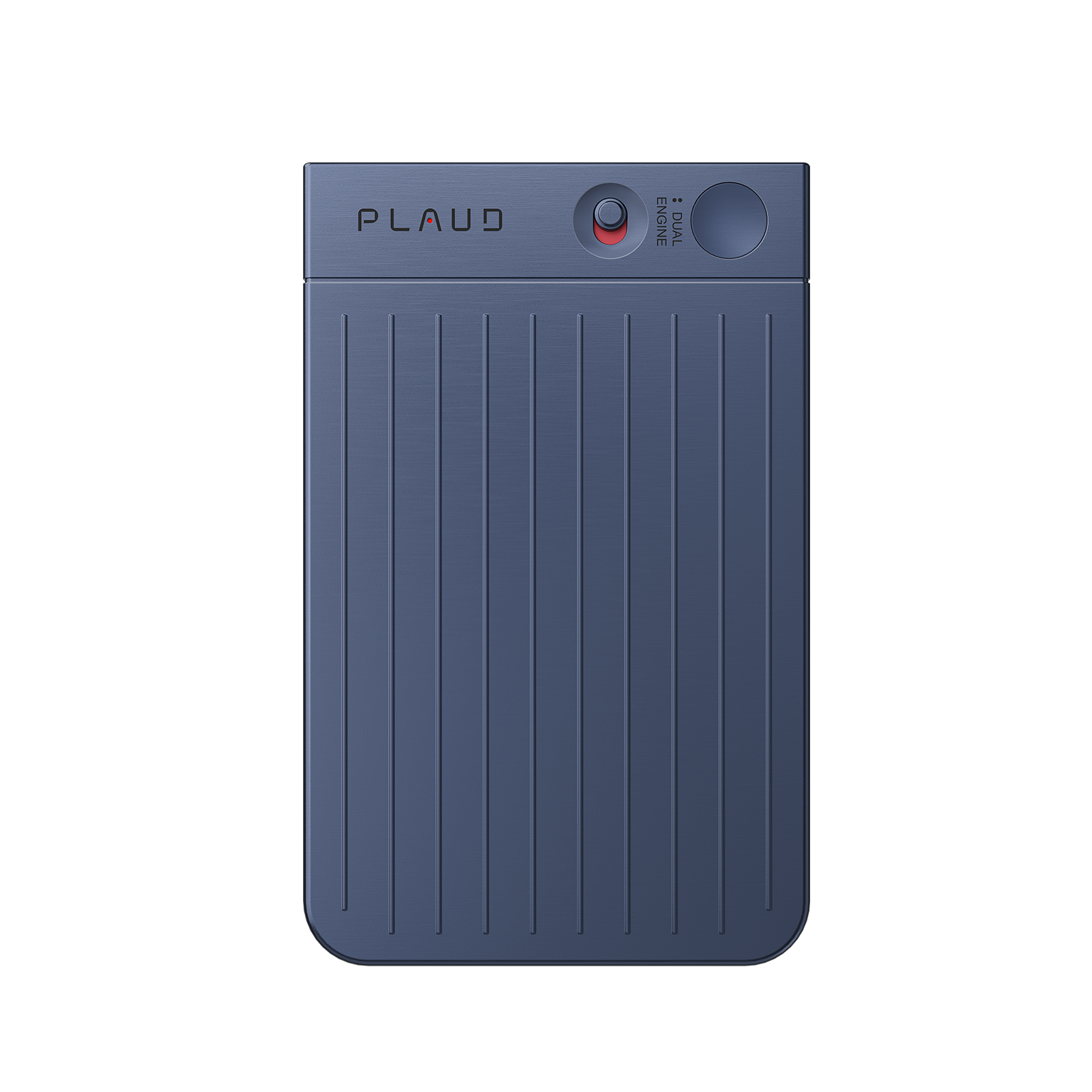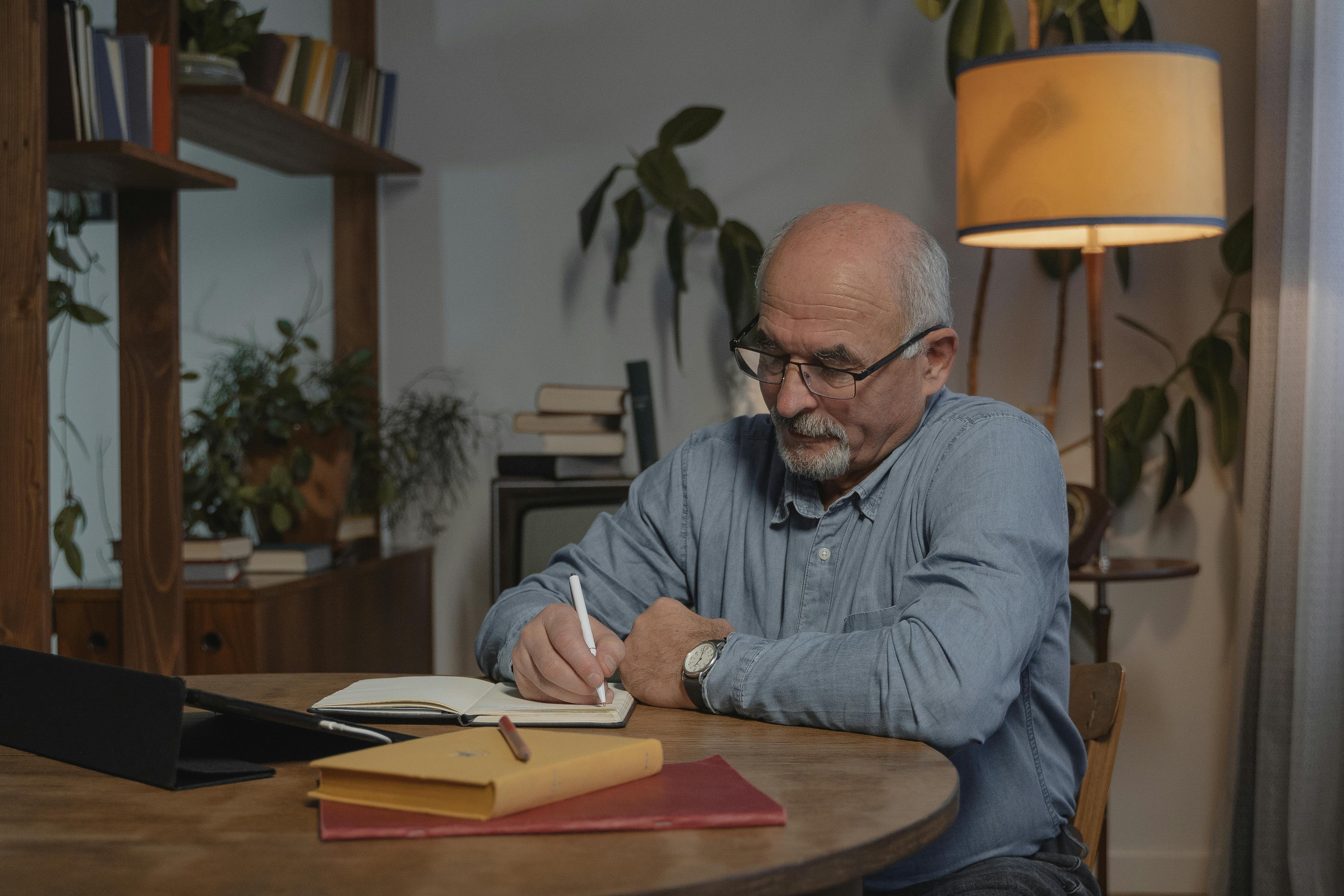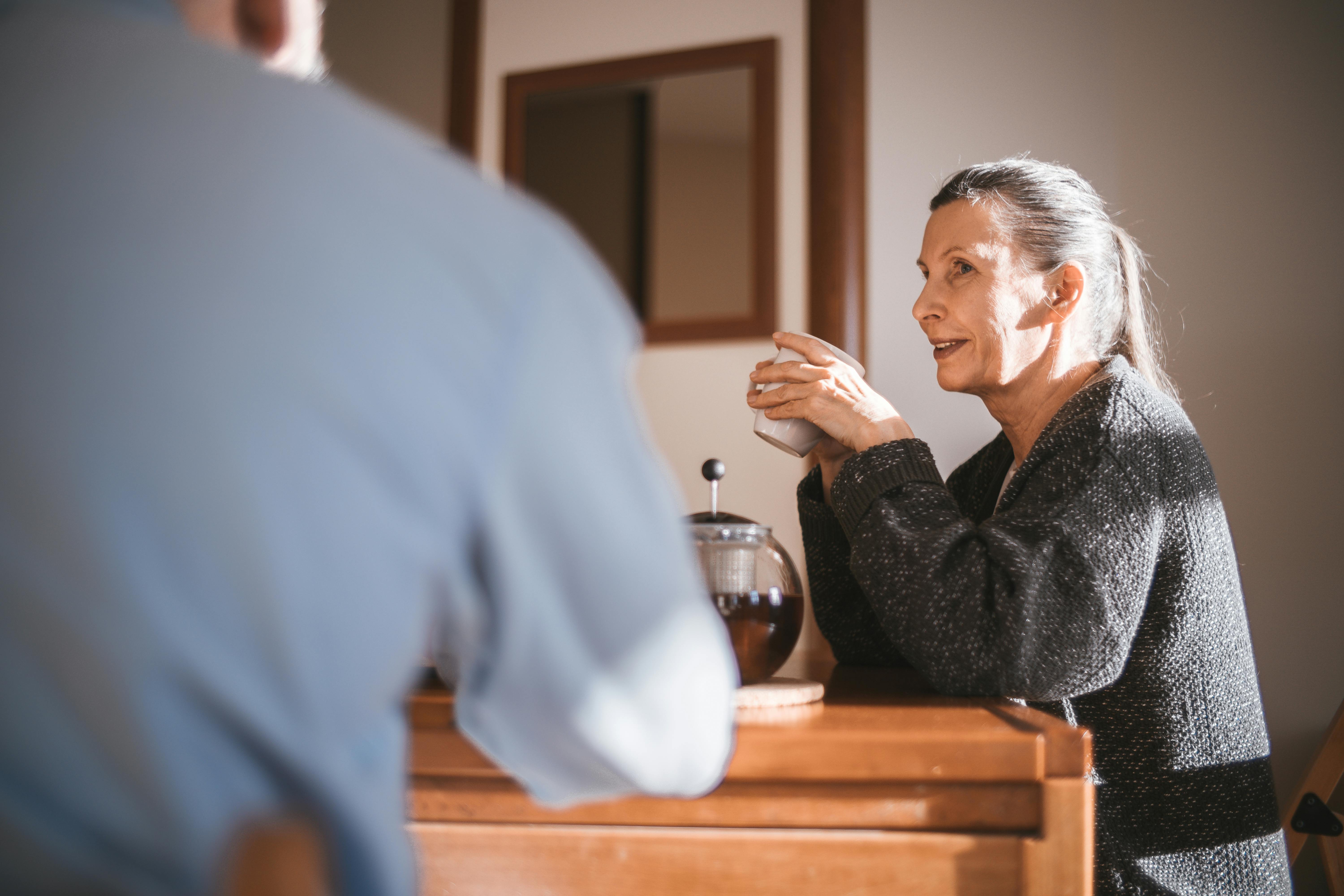Every so often, a survey throws up a statistic that makes you stop, smile, and wonder what’s really going on.
The Financial Conduct Authority recently published consumer research into how over 5,000 people in the UK save and invest. It covers weighty issues: pensions, ISAs, long-term wealth planning. But tucked away in the tables was something altogether more curious. It turns out that around a third of us still keep cash at home.
Yes, not in a bank, not in Premium Bonds, not even in an instant-access savings account. At home. In the biscuit tin, the shoebox under the bed, or maybe even—dare we say it—the proverbial mattress.
The survey doesn’t reveal exactly why people do this, but it is not difficult to imagine. For many, there is a sense of comfort in knowing that money is within reach if needed. The habit also seems to be a hangover from lockdown, when households withdrew extra cash “just in case” and then quietly carried on afterwards. Others simply like the security of seeing and touching their money, even if it means watching its value shrink over time.
While the idea of a household war chest may be appealing, it comes with obvious drawbacks. Cash stored at home earns nothing, and at current savings rates even modest sums could be missing out on worthwhile returns. Inflation steadily erodes its spending power, so a £20 note tucked away today is not going to go nearly as far in the years ahead. There is also the risk of loss through theft, fire or simply forgetfulness. Families often stumble upon hidden hoards only after a relative has passed away, with money discovered in wardrobes, teapots or even inside the lining of old coats.
The anecdotes can be both entertaining and concerning. One family uncovered £15,000 hidden in a wardrobe, long forgotten by an elderly parent. Another person proudly described tucking money into a baked beans tin, only to be warned that burglars know that hiding spot as well as anyone else. Others describe their continued reliance on envelopes of cash to budget more effectively, explaining that parting with notes feels tangible in a way that contactless spending never does.
This small statistic offers a fascinating glimpse into how we view money. Even as financial products become more sophisticated and digital payments increasingly dominate daily life, there remains a deep-seated desire for something physical and reassuring. A little cash kept at home can be practical, but larger sums are far better placed in accounts and investments that allow money to grow, rather than slowly lose value while gathering dust.
If you are keeping your money under the mattress, then we should be having a chat!
Author
-

Foresight Wealth Strategists have been providing extensive financial planning advice to Hale and the surrounding areas for 25 years - info@foresightws.co.uk
View all posts



















































